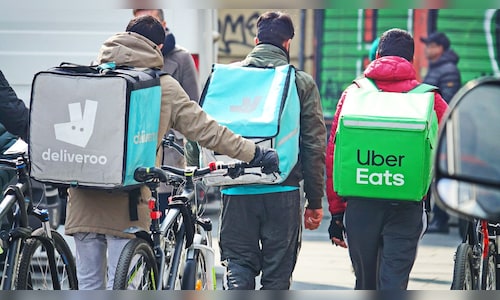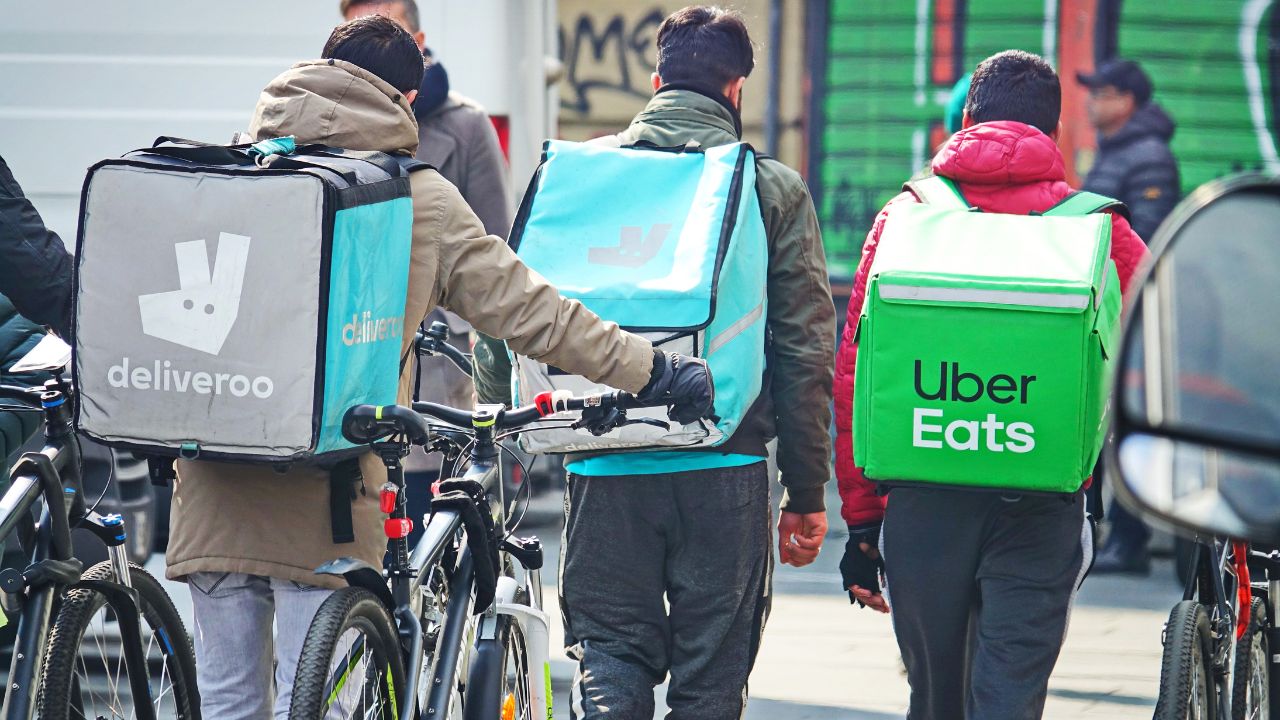

The Supreme Court recently pulled up the Central Water Commission for adopting the frugal gig economy practices when it should be setting example in its capacity as the largest employer. It ordered immediate regularisation of cleaning and gardening staff employed at the Central Water Commission. The message was loud and clear to the other government establishments as well.
In the private sector, the rise of the gig economy has led to an increase in precarious employment arrangements, often characterised by lack of benefits, job security and fair treatment. Such practices have been criticised for exploiting workers and undermining labor standards. Government institutions, entrusted with upholding the principles of fairness and justice, bear an even greater responsibility to avoid such exploitative employment practices, a Bench of Justices Vikram Nath and P.B. Varale said in a recent decision. Well said your lordships
Case 2: Penalty isn’t transferable: Bombay HC’s lesson for Lalit Modi
On December 19, the Bombay High Court rapped Lalit Modi the former chief of the Indian Premier League (IPL) and imposed a cost of ₹1 lakh on him for having the gall for seeking a direction from it on the Board of Control for Cricket in India (BCCI) to pay the penalty of ₹10.65 crore for FEMA violations.
The effrontery of his request must be all too apparent — I was only doing what the BCCI had wanted. An organisation’s vicarious responsibility for violation of law doesn’t extend to acts of illegality committed by its CEO. Modi was being overambitious. Apparently, his own request to the BCCI hadn’t borne any fruits. Hence, he was clutching at the straws. Indian Courts are made of sterner stuff. It was a frivolous petition and constituted abuse of the process of the court.
Case 3: Don’t allow yourself to be led up the garden path by irresponsible counsels
In Rahul Mavai vs. Union Of India & Others case, the Delhi Court dismissed a writ petition filed after six years of the alleged injustice or highhandedness of an authority. The petitioner blamed his advocate for the humungous delay and in fact innocently submitted that all along he had blithely believed that the case was already in progress.
The Court however was not convinced as a writ is heard urgently and the petitioner ought to have exercised greater caution and vigilance in following the progress of his own case. The Court for good measure took pains to explain that if indeed the petitioner could prove that the advocate led him up the garden path despite his vigilance and skepticism, the Court would have condoned the delay, unconscionable though it was.
Case 4. PMLA trial is standalone, so cant’b heard along with another
The Madras High Court recently dismissed a plea for simultaneous hearing of both the predicate offence under IPC or any other law as well as the one under the Prevention of Money Laundering Act (PMLA). PMLA is standalone said the Court.
This is a trifle curious and needs immediate Parliamentary attention. While there may be a case for such standoffishness if the two cases were before two different courts, ideally cases under different laws must be heard together. In fact, the Apex Court itself has in the past encouraged bunching of similar cases although relating to different persons both to save time and obviate conflicting verdicts inimical to setting precedents. It is possible that the one facing the charge may be held guilty in the predicate offence while being acquitted of the charge of money laundering and vice versa.
—The author, S Murlidharan, is a Chartered Accountant and legal expert, who comments and interprets important court rulings and judgements. The views expressed are his own and personal.
Read the previous Legal Digest columns here
(Edited by : Unnikrishnan)
First Published: Jan 1, 2025 2:31 PM IST



